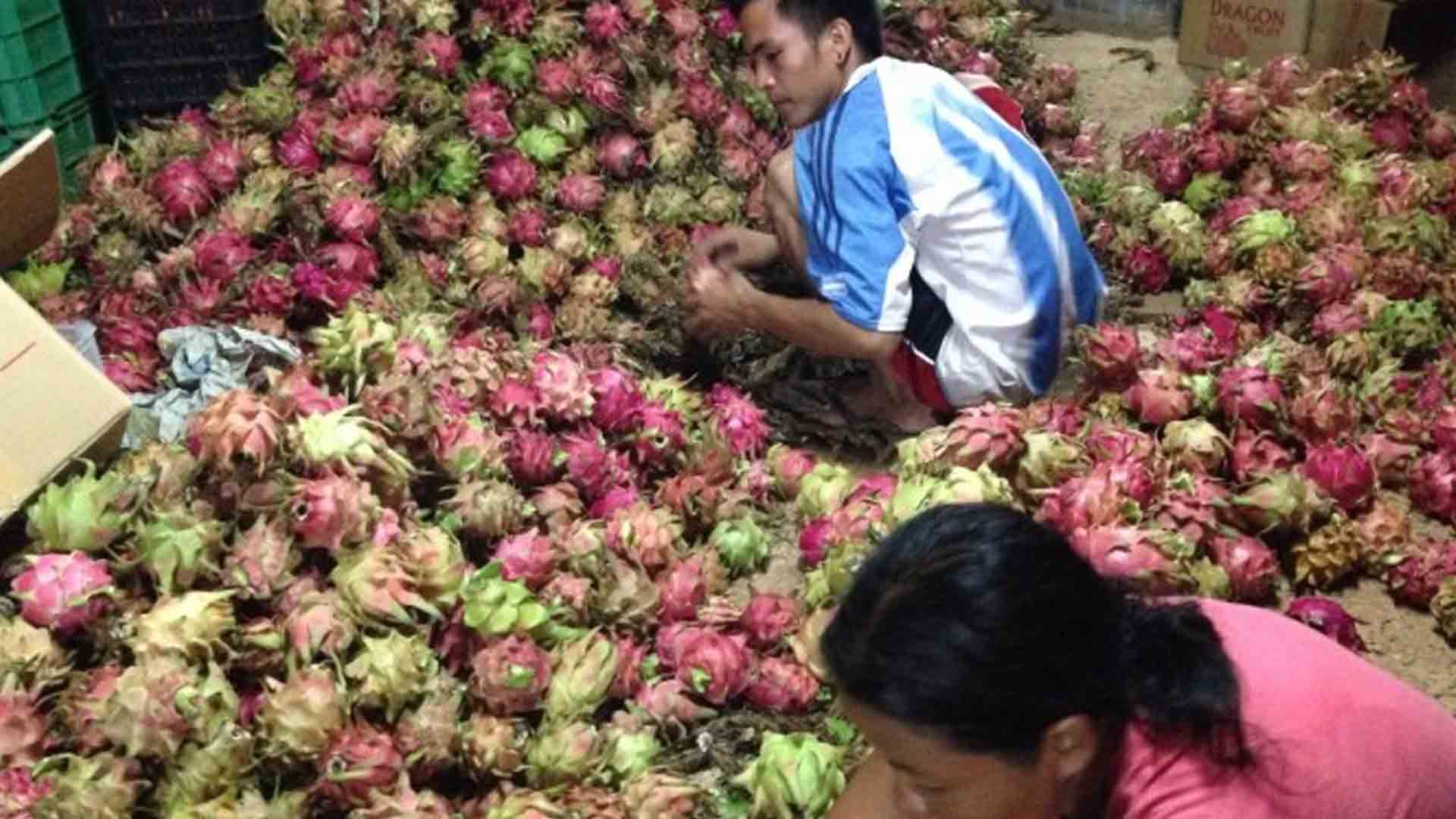Commercial dragon fruit farming continues to attract growers all over the Philippines as countries like China and Spain manifested their interest to have a slice of this delicious cactus fruit species known for its therapeutic properties as it grows well in a tropical climate.
In support of the Department of Agriculture’s (DA) Plant, Plant, Plant program, the Association of Dragon Fruit Growers in the Philippines represented by Edita Aguinaldo-Dacuycuy from Pasuquin, Ilocos Norte said they are eyeing to expand 10,000 hectares for dragon fruit farming in five years time starting this year to be able to supply the global market.
“Following our 2nd stakeholders virtual meeting held last June 1, we are happy to inform that the Dragon Fruit Industry Road Map 2021-2025 has started to take off. It is with great hope that our strong collaboration with the DA, as well as the Department of Environment and Natural Resources (DENR), Department of Science and Technology (DOST), and other government line agencies, we will be able to make it happen to benefit all growers nationwide,” she said in an interview Tuesday.
Dragon fruit farming in Ilocos Norte was introduced by Dacuycuy in 2005 and later spread to other parts of the country due to its high demand and commercial value.
The number of commercial growers of the cash crop is gradually increasing as they are getting attractive prices for their produce.
This popular fruit has many health benefits, including its ability to aid in weight loss, improve digestion, lower cholesterol, strengthen the immune system, and boost energy levels.
To date, Ilocos Norte remains the top producer of dragon fruit with around 500 hectares planted across the province. Growers, however, encountered problems with pests and diseases, thereby affecting the target yield.
But the provincial government of Ilocos Norte, in collaboration with the Mariano Marcos State University (MMSU), Department of Agriculture– Ilocos Norte Research and Experiment Center (INREC), the Dragon Fruit Growers Association (SGA) and concerned local government units (LGUs) are stepping up moves to revive the dragon fruit industry in Ilocos Norte.
These agencies have started to rehabilitate the dragon cactus in the province, increase the fruit quality, sustain the quality of dragon cactus planting materials, expand the area planted with dragon cactus, strengthen the marketing aspect of the industry, and strengthen linkages among farmers, LGUs, non-government agencies, organizations and traders.
As part of the rehabilitation program, interested dragon fruit growers will be provided with farm inputs such as dragon cactus cuttings, organic, inorganic and foliar fertilizers.
The province will also provide the expenses of farm inputs, while the farmers will take care on the labor and maintenance of the plants.
Just recently, even schools such as the Ilocos Norte Agricultural College has started to develop its 55-hectare forest land to be planted with dragon fruit.
With aging farmers, the youth of Ilocos Norte are being influenced to love farming to ensure that sustainable growth in agriculture will be achieved. (PNA)







